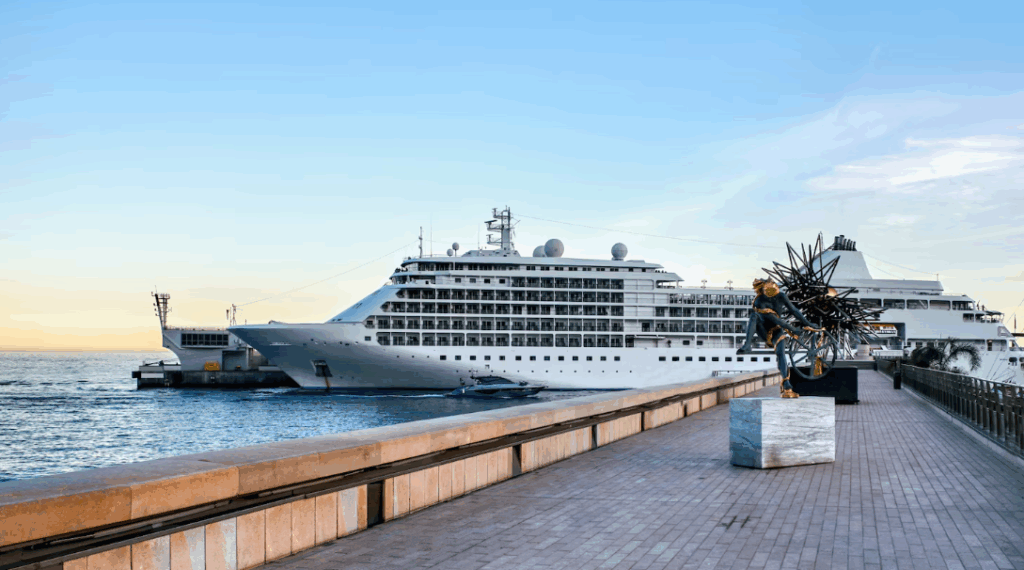When planning a cruise, travel insurance may not be the most exciting part of your to-do list, but it’s one of the most important.
Cruises involve multiple moving parts, such as flights, ports, ships, and excursions, which means there’s more room for unexpected hiccups. Whether it’s a missed port, a medical emergency, or a canceled trip, cruise-specific travel insurance can protect both your wallet and your peace of mind.
Why Cruise Travelers Need Insurance
Cruises are unique because once you’re at sea, options for handling emergencies are limited. Onboard medical care is available, but it can be expensive, and if you need to be evacuated to a hospital on land, the costs can skyrocket. Without insurance, these bills come directly out of your pocket.
Additionally, if you miss a port due to weather, mechanical issues, or itinerary changes, insurance may reimburse you for lost excursions. Even something as simple as a flight delay that causes you to miss embarkation can turn into a costly disaster without coverage.
Check out Luxury Cruise Lines Compared: Which One Fits You Best? to better plan your trip.
What Cruise Insurance Typically Covers
A good cruise insurance policy usually includes several key protections. Trip cancellation and interruption coverage reimburses prepaid expenses if illness, injury, or unforeseen events force you to cancel or cut your trip short. Emergency medical and evacuation coverage protects you against the high costs of treatment and transport at sea.
Baggage protection is another helpful inclusion, covering lost, stolen, or delayed luggage. Some plans even include “missed connection” coverage—essential if a late flight prevents you from boarding your ship on time. Always read the fine print to understand limits and exclusions before you buy.
Choosing the Right Policy
Not all travel insurance is created equal, so it’s essential to choose a plan tailored to cruise travel. Check whether your policy covers missed ports, itinerary changes, or shipboard delays. Policies purchased directly from the cruise line can be convenient, but independent insurers often provide more comprehensive coverage at better rates.
Consider your personal needs as well. If you have pre-existing medical conditions, confirm whether the plan offers coverage for them. If you’re traveling with expensive electronics or jewelry, make sure your baggage protection limits are sufficient. The right policy aligns with your risks and budget.
Read Cruise Hacks Frequent Travelers Swear By for tips to smart, stress-free cruising.
When to Buy and How Much It Costs
The best time to purchase travel insurance is shortly after booking your cruise, ideally within 14 days of the booking date. Buying early not only locks in coverage but also makes you eligible for optional upgrades, such as cancel-for-any-reason protection.
The cost of insurance usually runs between 5% and 10% of your total trip cost. While it adds an extra expense up front, the financial protection it provides can be worth far more if something goes wrong.
Prone to motion sickness? Don’t miss our guide on How to Avoid Seasickness (and Recover Fast).
The Bottom Line
Travel insurance may not be glamorous, but it’s an essential safeguard for any cruise. It protects you from costly medical emergencies, itinerary changes, and lost luggage.
Select a plan tailored to cruises and purchase it early to take advantage of the best options. Remember, the small investment can save you from significant financial stress.




